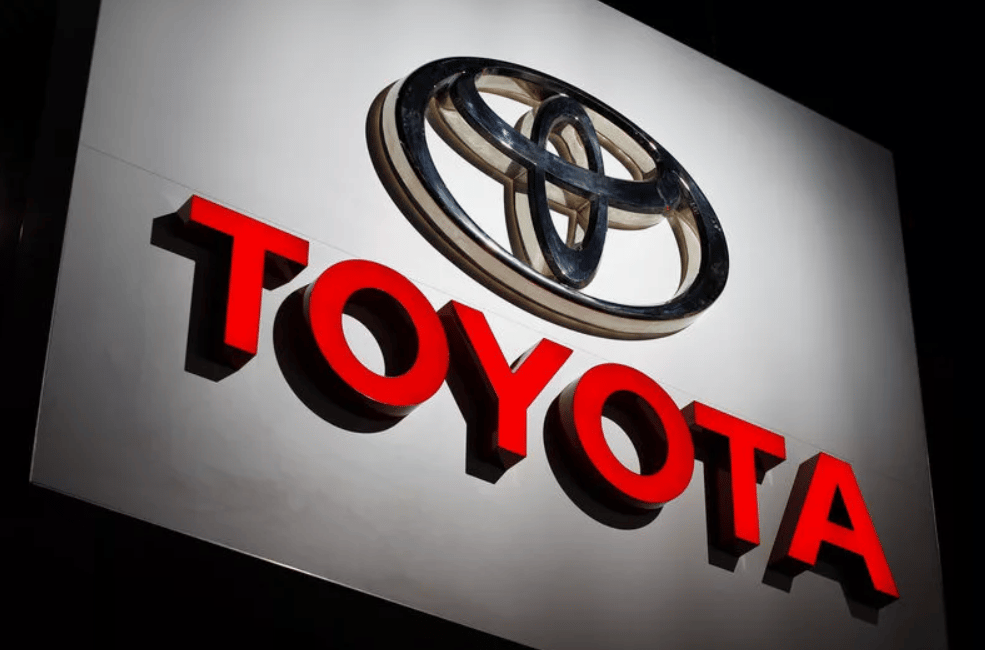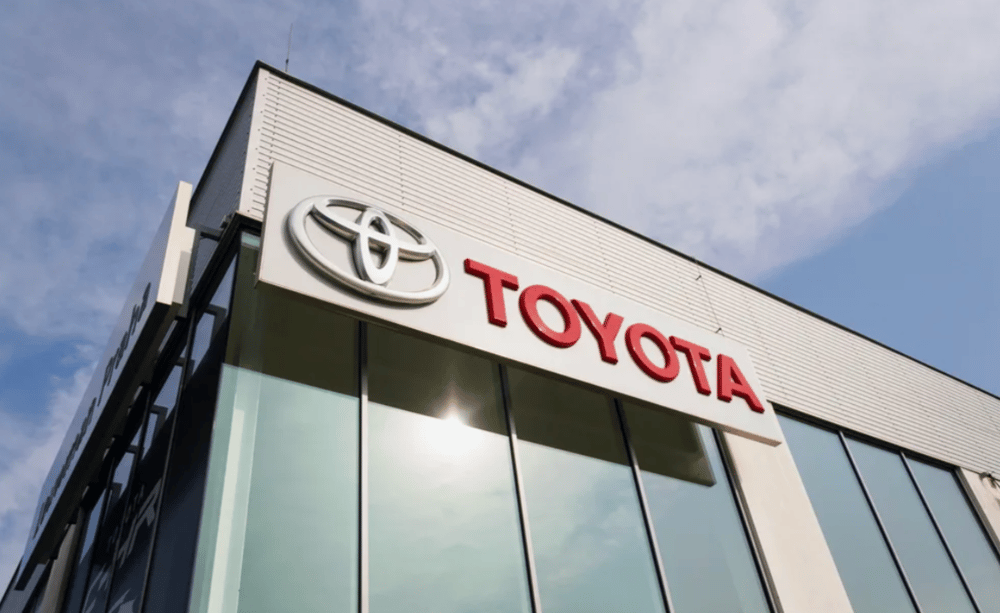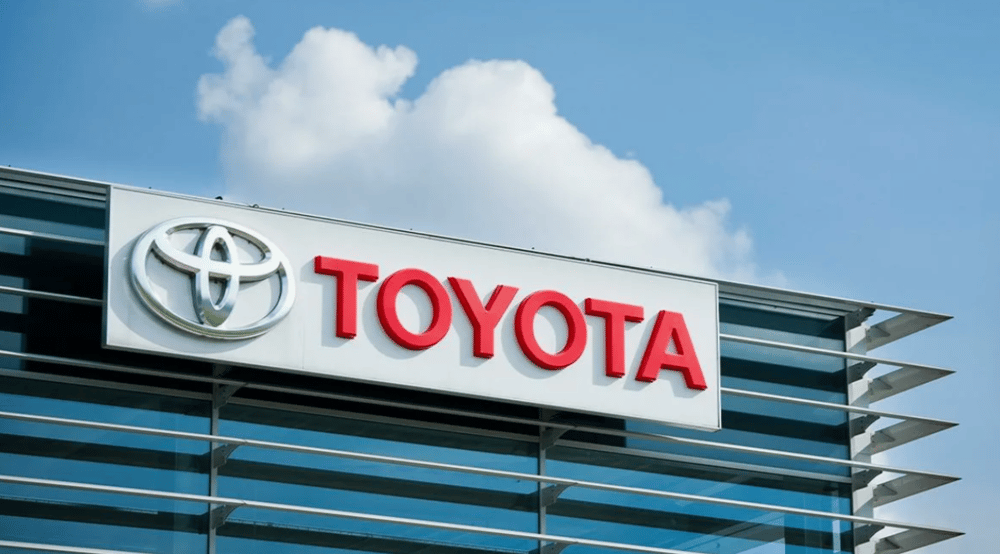Toyota Industries Considers $42 Billion Privatization Bid from Toyota Motor: Implications for the JPY and Equity Markets
A potential $42 billion privatization deal between Toyota Industries Corp. $6201.T and Toyota Motor Corp. $7203.T has brought renewed focus to Japan’s corporate restructuring strategies and the role of conglomerates in equity markets. As the yen (JPY) continues to hover near multi-decade lows, major Japanese corporations are revisiting ownership structures to drive operational efficiency and investor value.
On Tuesday, Toyota Industries announced it will soon decide whether to accept a tender offer from Toyota Motor and affiliated group entities—a move that could lead to one of Japan's largest privatization transactions in recent history.
Event Analysis and Strategic Context
Privatization offers are often viewed as catalysts for operational streamlining and long-term shareholder value creation, particularly in Japan, where corporate cross-shareholdings and family-controlled conglomerates remain prevalent. The reported ¥6 trillion ($42 billion USD) deal would allow Toyota Motor to consolidate control over its key supplier and logistics partner, Toyota Industries, strengthening group synergies across manufacturing and automation.
While Toyota Motor has acknowledged that discussions are ongoing, it also cautioned that some media reports have included inaccurate information—specifically around the final valuation and deal terms. Nonetheless, the possibility of a strategic buyout underscores a broader trend in Japan’s corporate sector: divestment of non-core assets and simplification of group holdings in response to global investor pressure.
Such moves may also reflect currency-driven strategic timing. With the Japanese yen trading at historic lows against the USD, outbound investment and domestic consolidation become more appealing to firms with strong cash positions like Toyota Motor.

Key Facts
Toyota Industries Corp. may go private via a ¥6 trillion ($42 billion USD) tender offer
Toyota Motor Corp. is leading the offer, alongside affiliated group companies
The offer, if accepted, would mark one of the largest Japanese privatizations in recent years
Toyota Motor disputes media reports citing specific figures, calling some information “inaccurate”
Stock reaction: Toyota Industries shares rose 0.4%; Toyota Motor fell by 1.0% on the news
Market Reaction and Commentary
Initial investor response to the news was measured. Toyota Industries’ stock saw a modest uptick, suggesting cautious optimism about the premium implied by the potential offer. Meanwhile, Toyota Motor's shares dropped 1.0%, reflecting concerns about capital allocation, potential overvaluation of the target, and dilution risks for existing shareholders.
Analysts suggest that privatizing Toyota Industries could enable tighter integration of logistics and production capabilities across the Toyota Group. It could also streamline decision-making in robotics and automation—areas where Toyota Industries holds significant intellectual property and technical assets.
This move fits within a broader pattern of Japanese industrial groups seeking to unlock value through consolidation or carve-outs. Over the past two years, corporate Japan has seen a surge in M&A activity, driven by both activist shareholder pressure and a shifting macroeconomic environment marked by a weaker yen, higher global interest rates, and increasingly competitive capital markets.

Key Points
Strategic consolidation would enhance vertical integration within the Toyota Group
Privatization aligns with Japan’s ongoing corporate governance reforms and pressure to unlock shareholder value
JPY weakness increases the appeal of domestic acquisitions over foreign expansion
Investor reactions highlight tension between long-term synergies and short-term capital efficiency
Deal scale and timing could influence future Japanese privatization trends and conglomerate restructuring
Conclusion
Toyota Industries' pending decision on the $42 billion privatization bid underscores a broader shift in Japan's corporate landscape, where large industrial players are recalibrating group structures to improve competitiveness and financial transparency. Whether the deal proceeds or not, the market's focus on governance reform, yen dynamics, and strategic realignment is likely to shape further transactions in the Japanese equity space. Toyota Motor’s bid, though contested in detail, signals how flagship firms are rethinking control, capital, and core operations in a volatile macro environment.















Comments